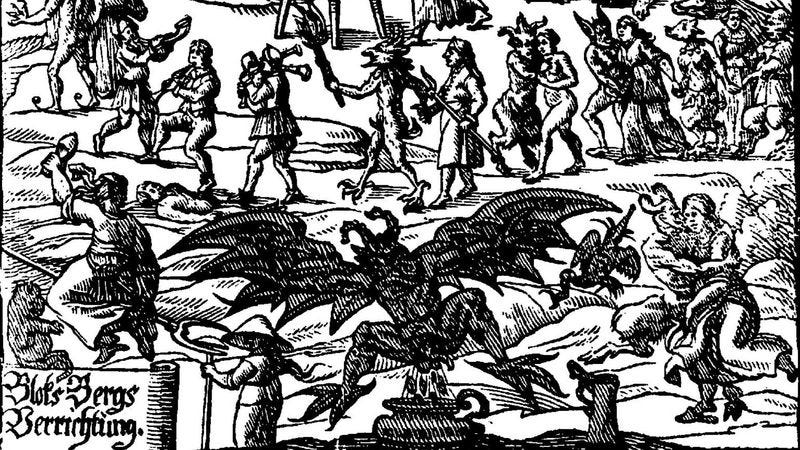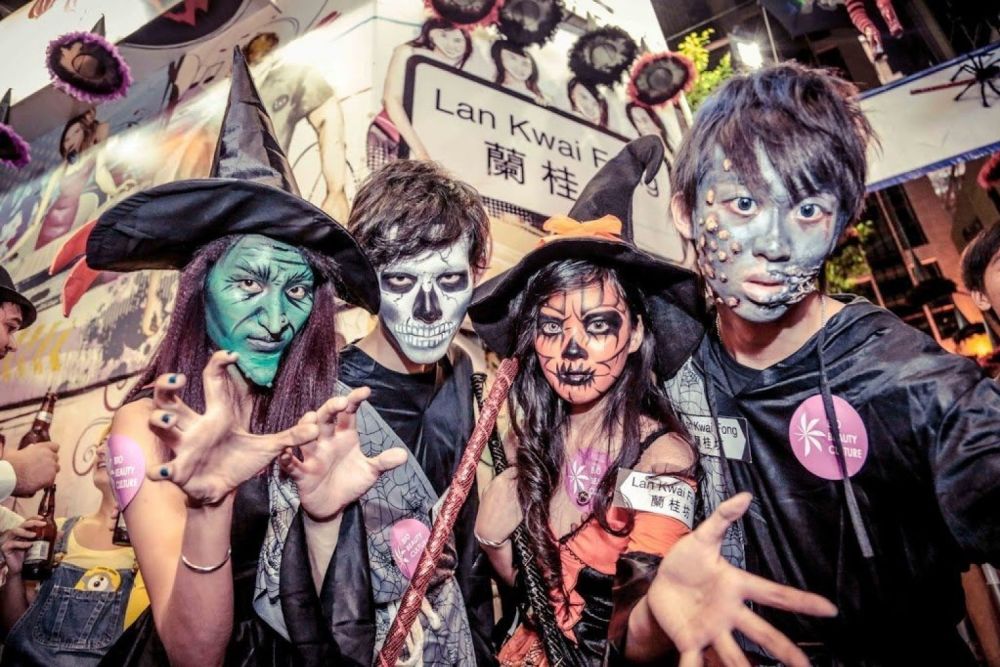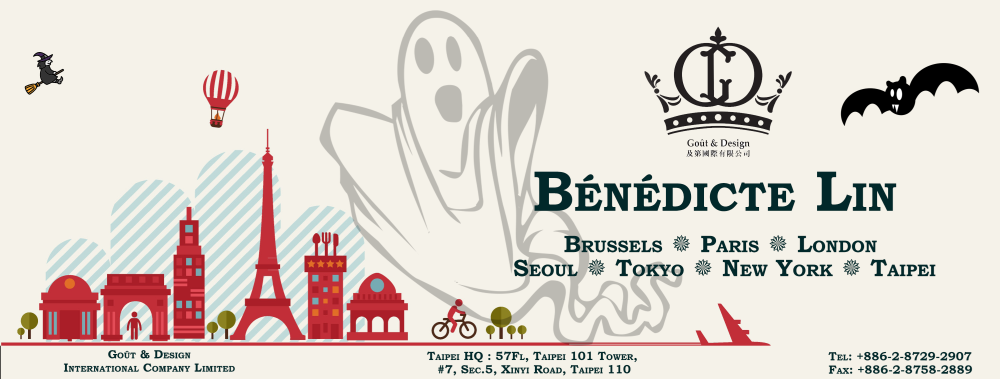With its roots tracing back over two thousand years, Halloween is a globally celebrated festival with diverse cultural origins. Originating from the ancient Celtic festival of Samhain, Halloween marked the end of summer and the beginning of winter, a time when it was believed that the boundary between the living and the dead was blurred. People would light bonfires and wear costumes to ward off roaming ghosts. Over time, this Celtic tradition merged with Roman and Christian influences, creating the modern Halloween we know today. In the 9th century, the Catholic Church established All Saints’ Day on November 1st, incorporating some of the traditions of Samhain. The night before, October 31st, became All Hallows’ Eve, eventually evolving into Halloween.

Halloween’s international regard has grown significantly in recent decades, transcending its Celtic and Christian origins. In the United States, it has become a massive cultural phenomenon, marked by elaborate decorations, creative costumes, and the tradition of trick-or-treating. Countries like Canada, the United Kingdom, and Australia also celebrate Halloween with gusto, often adopting American customs. However, the way it’s celebrated varies globally. In Mexico, they observe the Day of the Dead, a joyful commemoration where families gather to remember and celebrate deceased loved ones. In Ireland, where Halloween’s ancient roots are deepest, the holiday is still a significant cultural event, marked by parades and traditional Irish music sessions.

In Asia, it has gained popularity, especially in urban areas. In Japan, it’s primarily celebrated in theme parks and nightclubs, where young adults don costumes and enjoy festive events. Similarly, in South Korea, Halloween-themed parties and events have become increasingly common among the youth. In recent years, the trend has spread to other parts of Asia, indicating Halloween’s growing global influence. This internationalization of Halloween highlights how cultural traditions can evolve and merge, creating a rich tapestry of global celebrations.

In essence, Halloween’s history is a testament to the human need for rituals that connect us to our past and to each other. Its evolution from ancient Celtic traditions to a worldwide celebration demonstrates the power of cultural exchange and adaptation. Whether it’s through playful costumes, spooky decorations, or delicious treats, Halloween serves as a reminder of our shared humanity, bridging gaps between different cultures and bringing people together in the spirit of fun and camaraderie.

